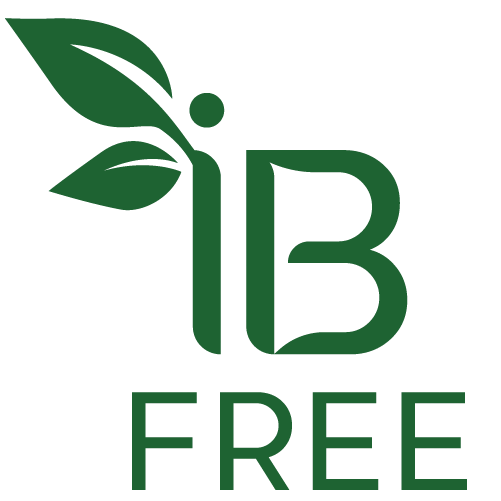The Paradox of IBS and IBD Remedies: How Their Side Effects Mirror the Very Symptoms They Aim to Cure
Irritable Bowel Syndrome (IBS) can feel like playing whack-a-mole with your digestive system — cramps, bloating, constipation, diarrhea, or some unpredictable mix of all four. While there’s no single cure, an expanding toolkit of treatments exists. From natural supplements to prescription drugs, each offers relief for some and complications for others.
This guide reviews what works, for whom, and what to watch out for.
1. Natural Supplements
Peppermint oil
Relaxing intestinal smooth muscle can ease cramps and bloating (NCCIH, Peppermint Oil). Some users experience heartburn or reflux, especially if capsules dissolve too early.
Probiotics
Certain Lactobacillus and Bifidobacterium strains may help balance gut bacteria and reduce pain or bloating, though benefits are strain-specific and inconsistent across trials (BMC Gastroenterology, Probiotics & IBS).
Psyllium (soluble fiber)
Often helpful for IBS-C when introduced gradually; too much, too fast can cause bloating or gas.
Ginger
Used for nausea and mild GI discomfort; a minority report heartburn (NCCIH, Ginger — In Depth).
2. Over-the-Counter Treatments
Loperamide (Imodium)
Useful for IBS-D to reduce urgency and stool frequency. Overuse may cause constipation and, at very high doses, serious heart-rhythm problems.
Methylcellulose
A non-fermentable fiber that can help normalize stool consistency without as much gas as fermentable fibers.
Antispasmodics (e.g., dicyclomine)
Relax intestinal muscle to relieve cramping but can cause dry mouth, blurred vision, and constipation.
3. Prescription Therapies
SSRIs (fluoxetine, sertraline)
Can improve gut–brain signaling and reduce global IBS symptoms in some patients; side effects include nausea, insomnia, and sexual dysfunction (PubMed, SSRIs & IBS Meta-analysis).
5-HT3 receptor antagonists (alosetron)
Reduce motility and urgency in severe IBS-D (primarily in women); constipation and rare ischemic colitis remain key risks.
5-HT4 receptor agonists (tegaserod)
Stimulate motility for IBS-C in select women under 65 without cardiovascular risk; headache and diarrhea are the most common adverse effects.
GC-C agonists (linaclotide, plecanatide)
Increase intestinal fluid and accelerate transit, easing constipation-dominant IBS; mild diarrhea is common early on.
Rifaximin
A minimally absorbed antibiotic that can reduce IBS-D symptoms, likely via microbiome effects; generally well tolerated (AAFP, Rifaximin for IBS-D).
Neomycin
Occasionally used when methane-dominant SIBO is suspected; carries nephrotoxicity and ototoxicity risks, so it should be used cautiously (MedlinePlus, Neomycin).
Final Thoughts
IBS and IBD treatments often mirror the conditions they aim to ease. Relief for one symptom can provoke another. The most durable results usually come from a layered approach: dietary adjustments, evidence-based supplements, targeted medications when needed, and steady attention to stress and sleep.
Work with a clinician or GI-focused dietitian to tailor interventions and monitor trade-offs so the “cure” doesn’t become the next trigger.
